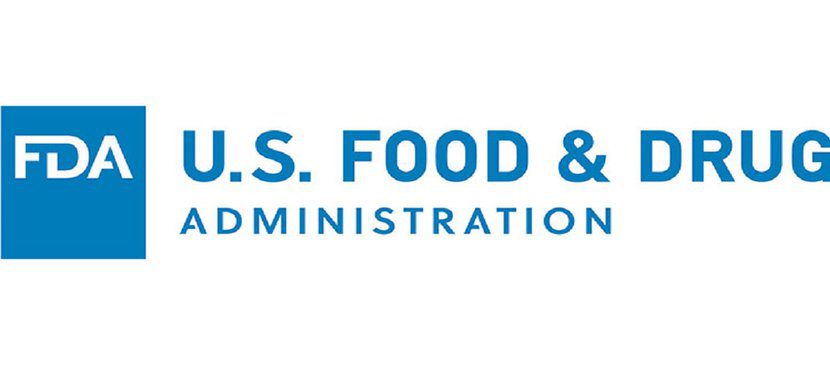So this happened over the weekend.
Politico, a news agency covering Washington’s Capitol Hill, released a “bombshell investigation” of what it says is one of most incompetent and dysfunctional federal agencies: the Food and Drug Administration.
“This is not your run-of-the-mill slow-churning Washington bureaucracy,” says the article. “FDA’s food division is so slow, it’s practically in its own league. For this story, POLITICO spoke with more than 50 people, including current and former FDA officials, consumer advocates and industry leaders. Some were granted anonymity to speak candidly. There is a remarkable level of consensus that the agency is simply not working. Current and former officials and industry professionals used terms like ‘ridiculous,’ ‘impossible,’ ‘broken,’ ‘byzantine’ and ‘a joke’ to describe the state of food regulation at FDA.”
One main problem is that the agency focuses on the D part of its name rather than the F—drugs instead of food.
The article quoted Stephen Ostroff, who has served twice as acting commissioner of the FDA as well as in several other senior roles: “The food program is on the back burner. To me, that’s problem No. 1.”
Even so, the article continues, “The Center for Food Safety and Applied Nutrition, the little-known food arm of FDA, has repeatedly failed to take timely action on a wide range of safety and health issues the agency has been aware of for several years, including dangerous pathogens found in water used to grow produce and heavy metal contamination in baby foods.”
Another issue, the article contends, is industry pressure. “The food industry is lobbying USDA, which in turn puts pressure on FDA through the White House and Capitol Hill, in a way that’s unproductive and this spans multiple administrations,” said Scott Gottlieb, FDA commissioner under the Trump administration.
“The only place we routinely had industry going outside FDA to lobby the Hill, other agencies or the White House, without really litigating the issue inside FDA, was food and tobacco,” Gottlieb added.
The article also pointed out that food industry organizations have had frustrations of their own with FDA. One example: “The agency has failed to complete one of the most important pieces of the new regimen: standards for agricultural water aimed at keeping manure and other sources of pathogens out of the water used to grow fresh produce.
“Major produce industry groups contend they weren’t lobbying against a redo of the rule, they really just wanted to see the policy. They wanted to weigh in on the plan, and at the very least, give their members clarity on what was coming.”
“Everyone—everyone!—wanted some sort of decision and finality from FDA,” said Jennifer McEntire, chief food safety and regulatory officer at the International Fresh Produce Association. “It wasn’t like there was disagreement over whether or not there should be a rule related to ag water.
“It becomes difficult to understand why it would possibly take so long,” she added.
The article continues: “McEntire and other leaders in the produce industry constantly asked FDA officials how the rulemaking was going. When could they expect to see it? ‘The answer was always we’re working on it,’ she said. The years dragged on. Industry leaders offered to help. Did the agency need data or technical assistance? Were there particular sticking points?”
The problem goes back so far that no particular administration can be singled out for blame.
In any case, a weak and inept FDA does not serve anyone—neither the public nor the industries it regulates.
Conclude what you will from this article, but if you are involved in the produce industry, you ought to read it.



